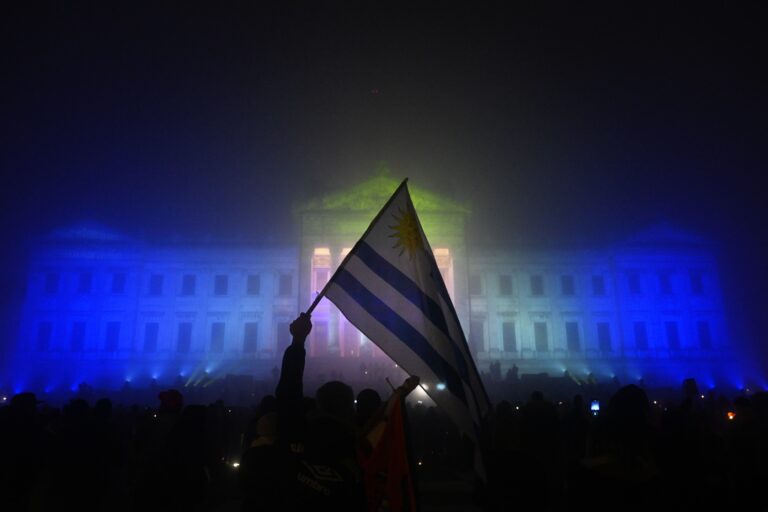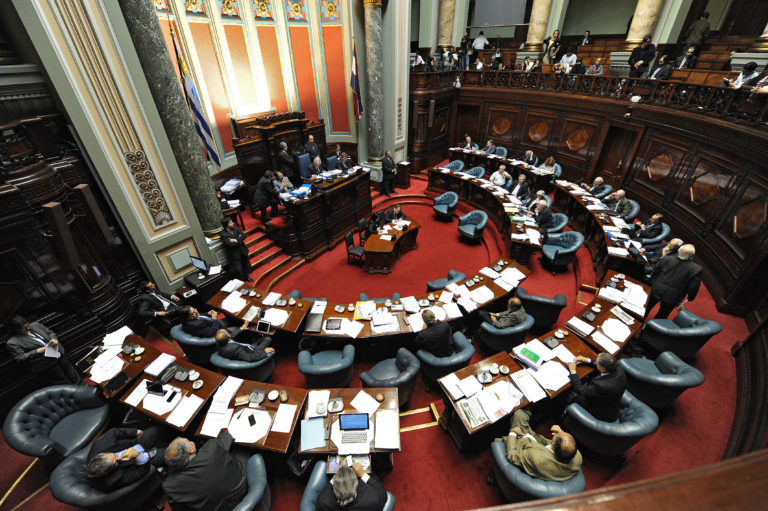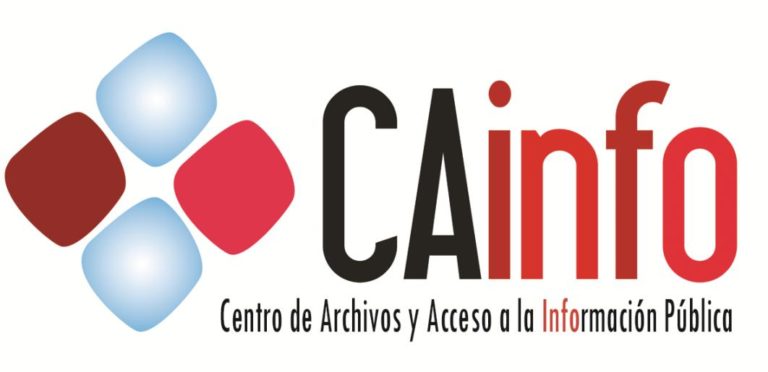The adoption of the Law of Audiovisual Communication Services promotes democratisation of the media and the effective exercise of freedom of expression in Uruguay.
Members of the IFEX-ALC Alliance, working in defence of freedom of expression, who are signatories to this statement, welcome and confirm the value of the December 2014 passing of the Law of Audiovisual Communication Services (LSCA) in Uruguay, which was the outcome of a process of discussion and engagement with key actors from the Uruguayan media, international organisations and civil society organisations.
The adoption of the LSCA promotes democratisation of the media and the effective exercise of freedom of expression in Uruguay, which has been noted by the Special Rapporteurships for Freedom of Expression of the United Nations, via the former Rapporteur Frank La Rue, and of the Inter-American Commission on Human Rights, via the former Rapporteur Catalina Botero.
The main aspects of the new legislation are: provisions to combat media concentration; a conscience clause for journalists; the creation of an independent office, legitimised by the parliament, that will apply the new law; protection of children and adolescents and other vulnerable groups; and the creation of an office for the audience ombudsman.
With respect to the approval of the law, Pedro Vaca, president of the IFEX-ALC Alliance, stressed that: “This is a legal instrument that will undoubtedly become a regional benchmark in the regulation of communications, as freedom of expression in Latin America is undergoing a systematic attack by a variety of figures”.
The members of the IFEX-ALC Alliance who are signatories to this statement wish to emphasise that the adoption of the LSCA adds to the progress on freedom of speech that has been documented in Uruguay in recent years, including the law of Community Broadcasting expression, the elimination of crimes related to communication, and the passing of the law on Access to Public Information.
Signatory organisations:



